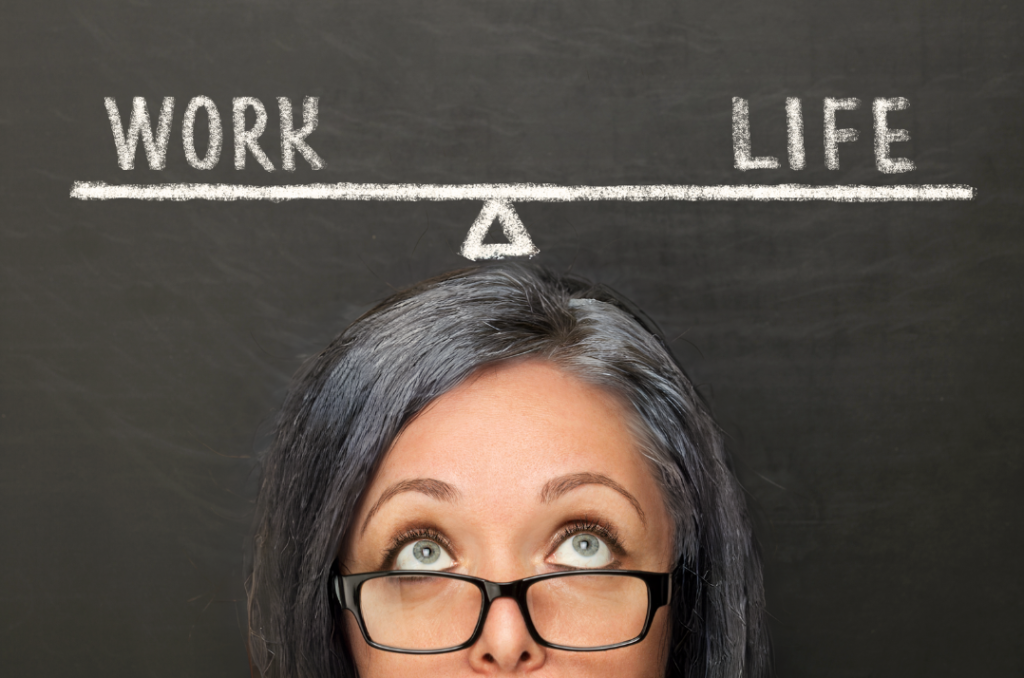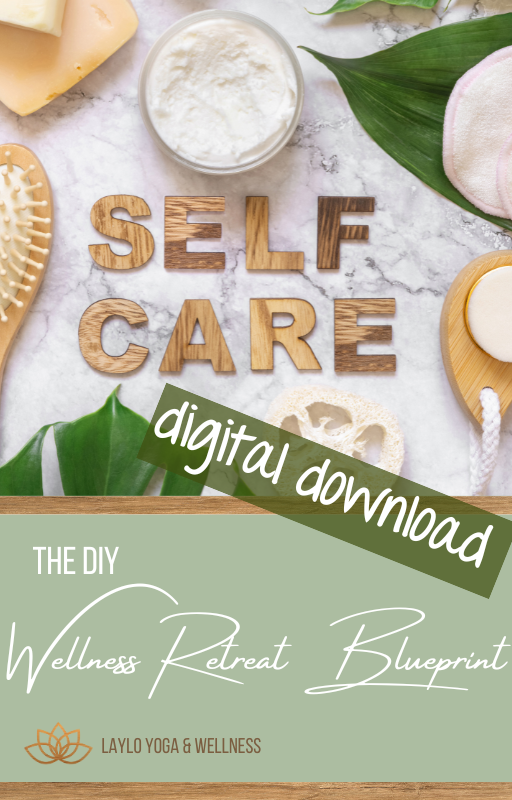
Burnout is a growing concern in today’s fast-paced world, affecting individuals across various demographics.
Characterized by emotional exhaustion, depersonalization, and a diminished sense of personal accomplishment, burnout is a state of chronic stress that can severely impact your health, productivity, and quality of life.
Among the myriad causes of burnout, job stress and family responsibilities, including caring for children, grandchildren, and aging parents, are particularly significant. And of critical importance to note, these responsibilities are often things we are happy to do. At first.
The ongoing nature of the tasks involved, the gradual squeezing out of any time for yourself, and the general expectation that you will continue at this pace indefinitely, is often what pushes people from “glad to help” to “how do I get the hell out of here?!”
Let’s dive into these causes, who is affected, and examine why burnout tends to be more pronounced among women.
Job Stress: A Primary Culprit
Job stress is a major contributor to burnout, with numerous studies underscoring its pervasive impact. According to the American Psychological Association (APA), 79% of Americans report experiencing work-related stress.
Key factors contributing to job stress include:

- High Workload: Excessive work demands, tight deadlines, and long hours are commonplace in many industries, leading to chronic stress.
- Lack of Control: Employees often feel powerless in their roles, lacking control over their work processes or decisions, which exacerbates stress.
- Unclear Job Expectations: Uncertain expectations and inconsistent feedback can create confusion and anxiety.
- Work-Life Imbalance: The blurring of boundaries between work and personal life, especially with the rise of remote work, makes it challenging to disengage from job-related stressors.
A 2022 Gallup survey revealed that 44% of employees experience significant job-related stress daily, emphasizing the widespread nature of this issue.
Family Responsibilities: The Added Burden
While the World Health Organization categorizes burnout as an “occupational phenomenon”, there is far more to it than that. In addition to job stress, family responsibilities significantly contribute to burnout.
Caring for children, grandchildren, and aging parents presents unique challenges that can strain an individual’s emotional and physical resources.
- Childcare: Parenting demands constant attention, emotional support, and physical care, which can be exhausting. According to the Pew Research Center, 41% of working parents find it difficult to manage work and family responsibilities.
- Grandparenting: Many grandparents are stepping in to provide childcare, a trend that has increased during the COVID-19 pandemic. The American Grandparents Association reports that nearly 7.8 million children in the U.S. live in households headed by grandparents.
- Elder Care: Caring for aging parents involves managing medical appointments, providing daily care, and handling financial and legal matters. AARP estimates that about 53 million Americans are unpaid caregivers, with many reporting high levels of stress.
The Gender Disparity: Why Burnout is Worse for Women

While burnout affects everyone, it disproportionately impacts women due to a combination of societal expectations, workplace dynamics, and family responsibilities.
- Societal Expectations: Women often face societal pressure to excel both at work and in their roles as caregivers, leading to unrealistic expectations and chronic stress.
- Workplace Inequality: Despite advancements, women still encounter gender discrimination, pay disparities, and limited career advancement opportunities. The World Economic Forum reports that women are less likely to hold senior positions, contributing to job dissatisfaction and burnout.
- Double Burden: Women are more likely to shoulder the majority of household and caregiving responsibilities. The International Labour Organization notes that women perform 76.2% of total hours of unpaid care work, significantly more than men.
- Emotional Labor: Women are often expected to manage the emotional needs of their families, adding another layer of stress. This invisible labor includes everything from planning family activities to providing emotional support.
A 2020 study by Lean In and McKinsey & Company found that 1 in 4 women were considering downshifting their careers or leaving the workforce due to burnout, highlighting the severe impact of these combined stressors.
What burnout is not
It’s important to understand that burnout it not just a bad day or even a bad week. It’s more than working long hours or juggling too many tasks. These are contributing factors of course.
It is the prolonged nature of these challenges that turn a rough patch into burnout. It’s why taking breaks, setting boundaries, and learning effective coping strategies are so critical.
How do you know if you are experiencing burnout or are headed that way? Take a moment to reflect and honestly ask yourself the following questions:
Emotional Exhaustion
- Do I feel emotionally drained and depleted most of the time?
- Do I find it difficult to muster the energy to start or complete tasks?
- Am I feeling overwhelmed by my responsibilities and tasks?
Physical Symptoms
- Am I experiencing frequent headaches, stomach issues, or other physical symptoms that weren’t there before?
- Do I feel constantly tired, even after getting enough sleep?
- Have my sleep patterns changed significantly (trouble falling asleep, staying asleep, or sleeping too much)?
Cognitive Symptoms
- Is it hard for me to concentrate or make decisions?
- Do I find myself forgetting things more often than usual?
- Am I experiencing a sense of detachment or feeling disconnected from my surroundings or activities?
Emotional Symptoms
- Have I become more irritable, impatient, or short-tempered with others?
- Do I feel a sense of apathy or lack of interest in things I used to enjoy?
- Am I feeling a persistent sense of hopelessness or helplessness?
Behavioral Changes
- Have I noticed any changes in my eating habits, such as eating significantly more or less than usual?
- Am I withdrawing from social activities or isolating myself from friends and family?
- Have my work habits changed, such as procrastinating more or being less productive?
Attitude Towards Work
- Do I feel a sense of dread about going to work or starting my workday?
- Am I feeling cynical or negative about my job or work environment?
- Do I feel unappreciated or undervalued in my work?
Overall Satisfaction
- Do I feel a lack of accomplishment or a sense of ineffectiveness in my work or personal life?
- Am I questioning whether my work or efforts are making a difference?
Personal Reflection
- Am I struggling to find a sense of purpose or meaning in my daily activities?
- Do I feel that my work-life balance is heavily skewed or non-existent?
- Am I neglecting self-care and not taking time for activities that I find relaxing or enjoyable?
Answering “yes” to several of these questions might indicate that you are experiencing burnout. If this is the case, it may be beneficial to seek support, whether through speaking with a supervisor about your workload, consulting a mental health professional, or finding ways to incorporate more rest and self-care into your routine.
Burnout is real!
Burnout is a multifaceted issue influenced by job stress and extensive family responsibilities. Understanding the underlying causes is crucial for developing effective strategies to mitigate its impact.
For women, the challenge is particularly acute due to the compounded pressures of professional and personal expectations.
Addressing burnout requires a holistic approach that includes workplace reforms, societal support systems, and a shift in cultural norms to promote a more balanced and equitable distribution of responsibilities.

Isn’t it time to leave burnout behind and lead a life that makes YOU a priority? Consider rebooting your mind and body with one of our wellness retreats! Designed specifically to immerse you in an environment that takes you out of your daily grind, you will be able to focus on crafting your life in a way that honors your family and career while carving out time to pursue interests that excite you so you can feel balanced, fulfilled, and calm. Get on the info list so you know what is happening, when, and where!
P.S. Let’s be besties!! Follow us on Instagram, Facebook, YouTube, and Pinterest, and join the LAYLO Shala to get the latest news and insider goodies 😍








